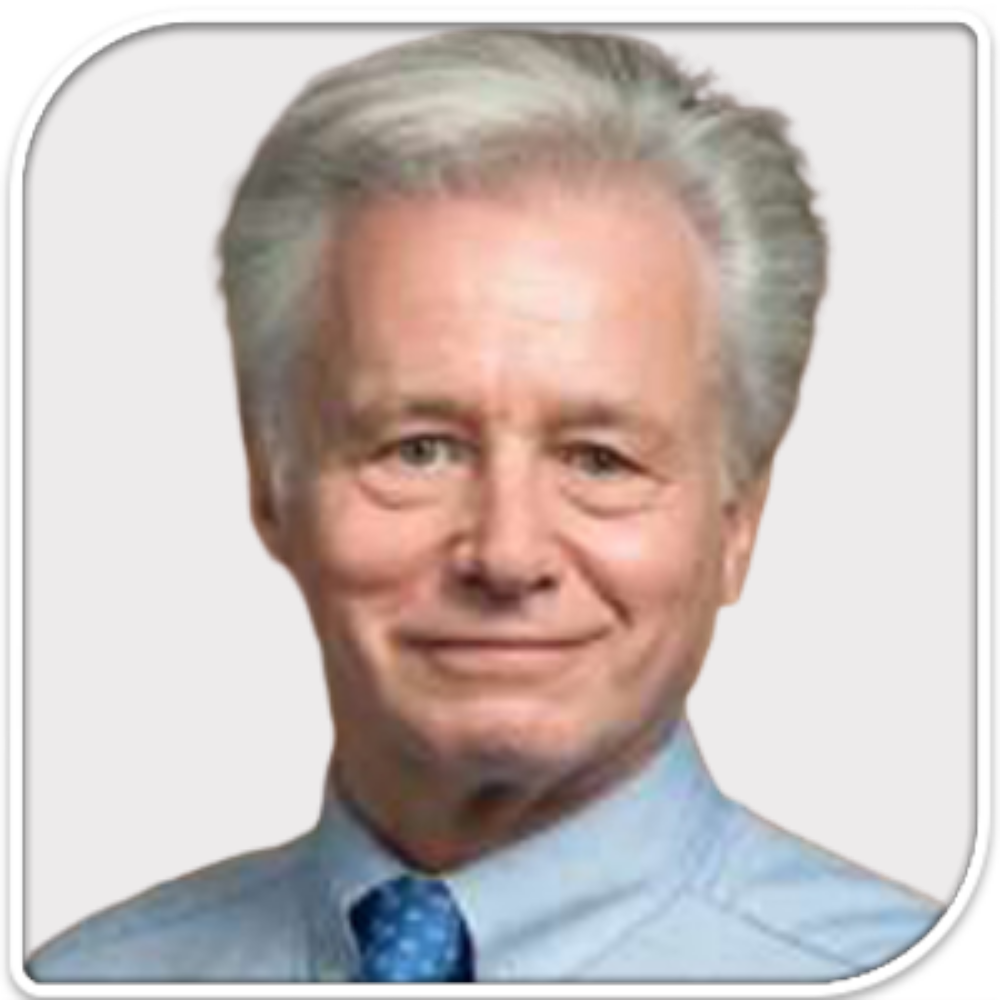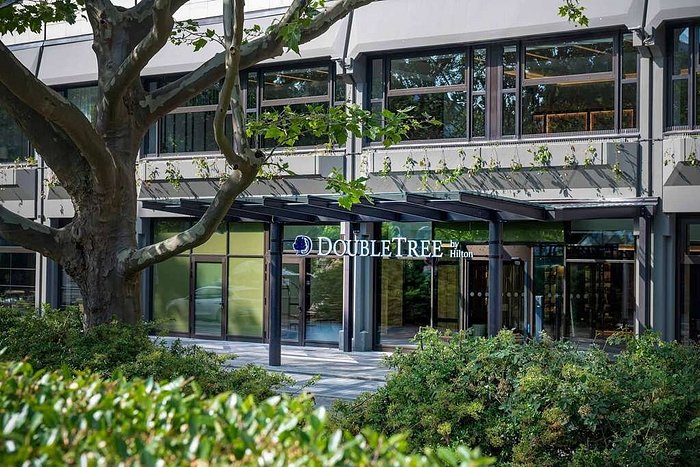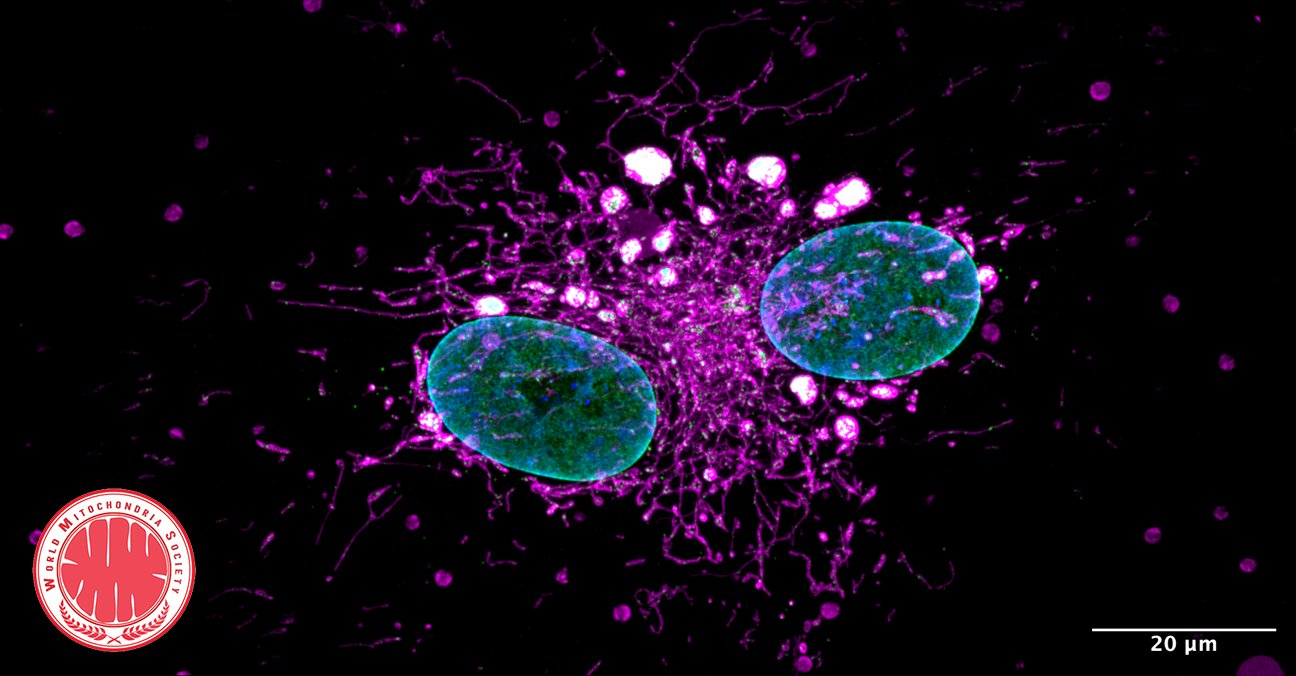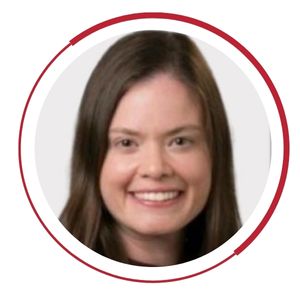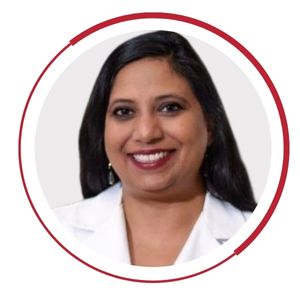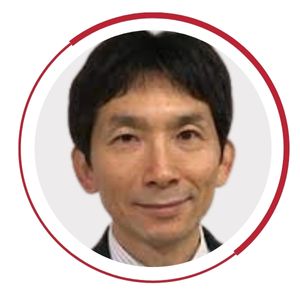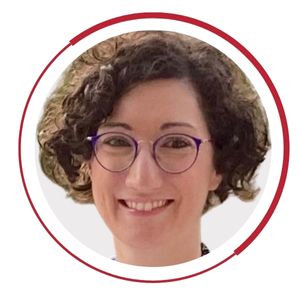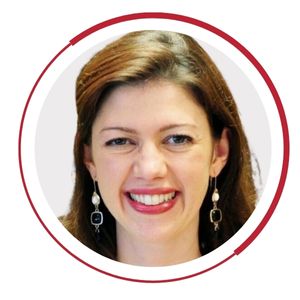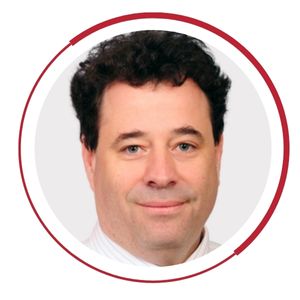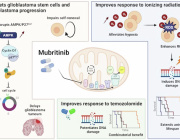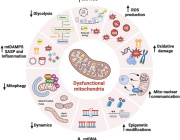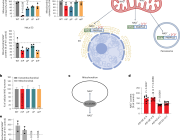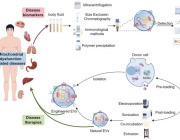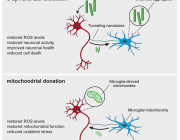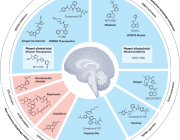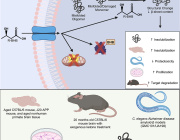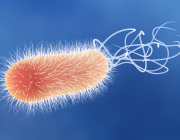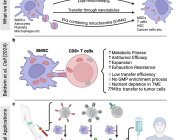Targeting Mitochondria Pratical Information, Final Agenda and Abstracts Book
Hotel Booking:
If you wish to book a room at Steigenberger Hotel, please follow this link for more info or contact us
We will update you with more practical information soon.
Mitochondria-targeted Nanocarriers for mitochondrial therapies
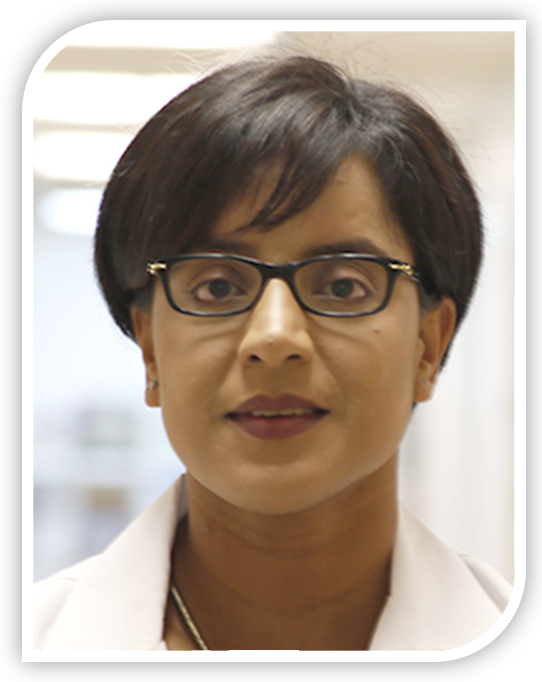
The Scientific Committee of WMS is honored to announce that Prof. Shanta Dhar, Associate Professor from Department of Biochemistry and Molecular Biology at the University of Miami, USA, will be joining us for our 10th Anniversary Edition of Targeting Mitochondria World Congress, which will be held in Berlin on October 28th-29th, 2019 and will speak about "Mitochondria-targeted Nanocarriers for mitochondrial therapies".
For more information about Targeting Mitochondria 2019: https://targeting-mitochondria.com
Call for Abstracts & Innovations
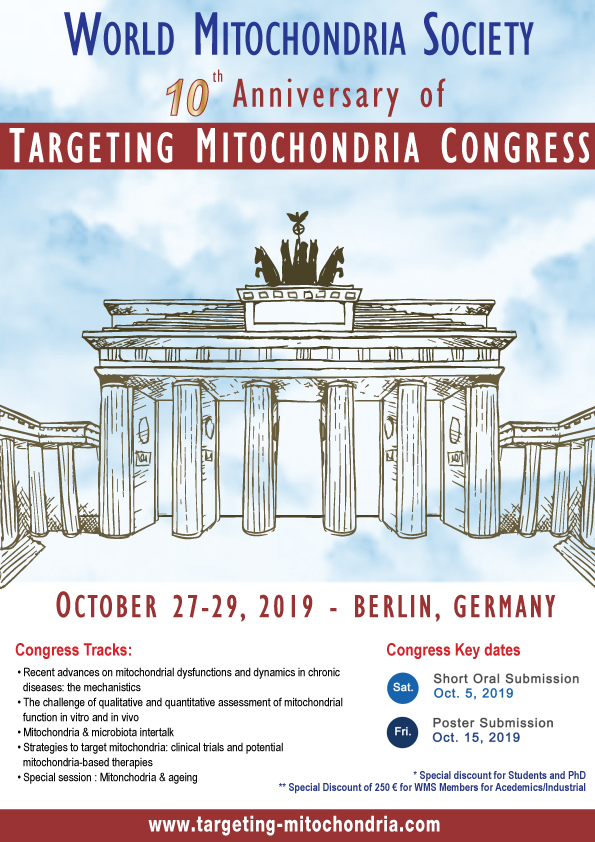 The Scientific Committee of the World Mitochondria Society & Targeting Mitochondria World Congress 2019 are pleased to invite all scientists, academics and industrials to present their researches in all mitochondria-related fields during the 10th World Congress on Targeting Mitochondria, which will be held in Berlin, on October 28th-29th, 2019.
The Scientific Committee of the World Mitochondria Society & Targeting Mitochondria World Congress 2019 are pleased to invite all scientists, academics and industrials to present their researches in all mitochondria-related fields during the 10th World Congress on Targeting Mitochondria, which will be held in Berlin, on October 28th-29th, 2019.
We remind you the key dates of this international meeting:
- Deadline for Short Oral Presentations Submission: October 5, 2019
- Deadline for Poster Presentations Submission: October 15, 2019
To access to all information about abstracts submission, please click here.
For all information about Targeting Mitochondria 2019: www.targeting-mitochondria.com
Selective segregation of mitochondria in asymmetric stem cell divisions
 The Scientific Committee of WMS is honored to announce that Assoc. Prof. Pekka Katajisto, Associate Professor in Karolinska Institutet and University of Helsinki, Finland, as well as Director of the Center of Excellence in Stem Cell Metabolism, will be joining us for our 10th Anniversary Edition of Targeting Mitochondria World Congress, which will be held in Berlin on October 28th-29th, 2019.
The Scientific Committee of WMS is honored to announce that Assoc. Prof. Pekka Katajisto, Associate Professor in Karolinska Institutet and University of Helsinki, Finland, as well as Director of the Center of Excellence in Stem Cell Metabolism, will be joining us for our 10th Anniversary Edition of Targeting Mitochondria World Congress, which will be held in Berlin on October 28th-29th, 2019.
In his presentation entitled "Selective segregation of mitochondria in asymmetric stem cell divisions", Dr. Pekka Katajisto will share with us his studies that could be introduced as such: "Tissue resident stem cells renew and repair our tissues. However, in order to secure tissue homeostasis, generation of new stem cells via self-renewal and their differentiation in to functional cells must be carefully balanced. During aging, multiple types of alterations directly in stem cells, or in their tissue neighbourhood can disturb this balance. Our laboratory studies both stem cell intrinsic, and extrinsic mechanisms altering tissue renewal capacity."
For more information about Targeting Mitochondria 2019: https://targeting-mitochondria.com
Stem cell-driven drug discovery of OXPHOS diseases
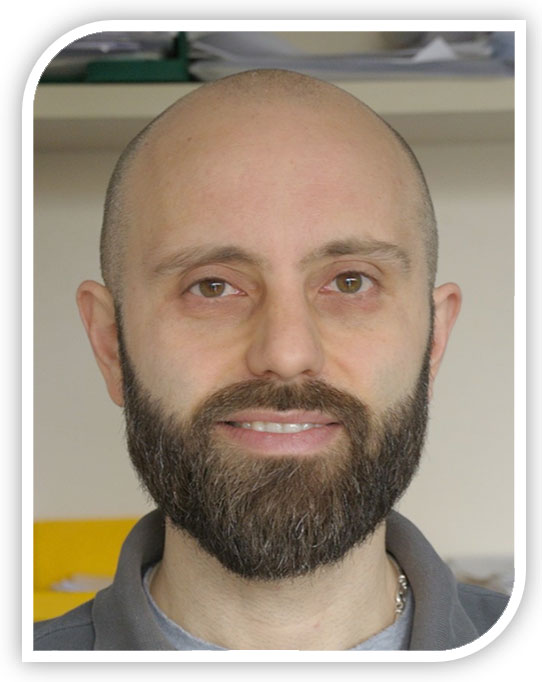 The Scientific Committee of WMS is honored to announce that Dr. Alessandro Prigione, Independent Team Leader, at the Max Delbrueck Center for Molecular Medicine, Germany, will be joining us for our 10th Anniversary Edition of Targeting Mitochondria World Congress, which will be held in Berlin on October 28th-29th, 2019.
The Scientific Committee of WMS is honored to announce that Dr. Alessandro Prigione, Independent Team Leader, at the Max Delbrueck Center for Molecular Medicine, Germany, will be joining us for our 10th Anniversary Edition of Targeting Mitochondria World Congress, which will be held in Berlin on October 28th-29th, 2019.
In his presentation entitled "Stem cell-driven drug discovery of OXPHOS diseases", Dr. Prigione will discuss Mutations in the mitochondrial complex IV assembly factor SURF1, representing a major cause of Leigh syndrome (LS), a rare fatal neurological disorder. SURF1-deficient animals have failed to recapitulate the neuronal pathology of LS, hindering our understanding of the disease mechanisms. We generated induced pluripotent stem cells from LS patients carrying homozygous SURF1 mutations (SURF1 iPS) and performed biallelic correction via CRISPR/Cas9. In contrast to corrected cells, SURF1 iPS showed impaired neuronal differentiation. Aberrant bioenergetics in SURF1 iPS occurred already in neural progenitor cells (NPCs), disrupting their neurogenic potency. Cerebral organoids from SURF1 iPS were smaller and recapitulated the neurogenesis defects. Our data imply that SURF1 mutations cause a failure in the development of maturing neurons. Using NPC function as an interventional target, we identified SURF1 gene augmentation as a potential strategy for restoring neurogenesis in LS patients carrying SURF1 mutations.
For more information about Targeting Mitochondria 2019: https://targeting-mitochondria.com
Cardiac glycosides modulate neuroblastoma stem cell survival by dysfunctional mitophagy
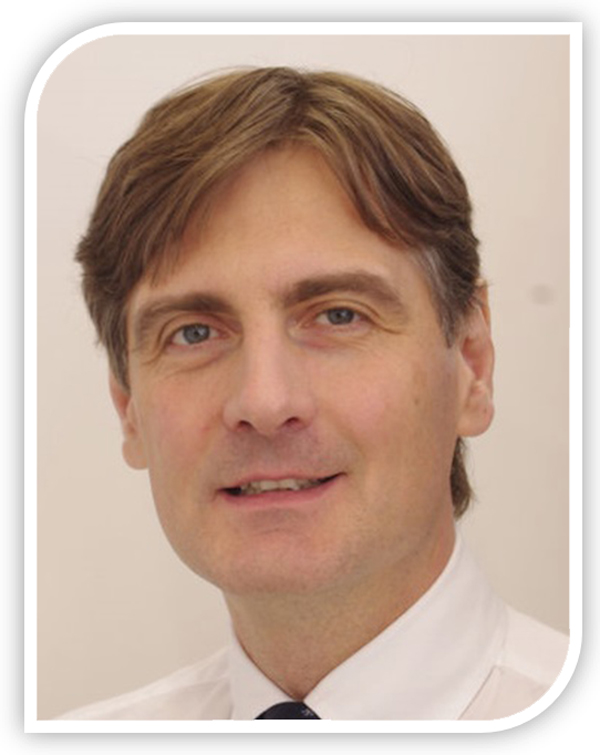 The Scientific Committee of WMS is honored to announce that Dr. Marc Diederich, from the College of Pharmacy, Seoul National University, Korea, will be joining us for our 10th Anniversary Edition of Targeting Mitochondria World Congress, which will be held in Berlin on October 28th-29th, 2019.
The Scientific Committee of WMS is honored to announce that Dr. Marc Diederich, from the College of Pharmacy, Seoul National University, Korea, will be joining us for our 10th Anniversary Edition of Targeting Mitochondria World Congress, which will be held in Berlin on October 28th-29th, 2019.
In his presentation entitled "Cardiac glycosides modulate neuroblastoma stem cell survival by dysfunctional mitophagy", Dr. Diederich will discuss the limiting factor to producing successful therapeutic outcomes in children with high-risk neuroblastoma, resistant to chemotherapeutic therapies. Therefore, a better characterisation of sensitive versus resistant neuroblastoma cell types is urgently required. Our previous research showed that the cardiac glycoside (CG) UNBS1450 (1,2) exerted its anti-cancer activity in neuroblastoma through an early induction of mitophagy in response to a mitochondrial stress response: whereas UNBS1450 rapidly promoted apoptosis in N-type (SH-SY5Y) cells, necroptosis was triggered in the more resistant S-type (SK-N-AS) cells at higher concentrations and later time points. In SH-SY5Y cells, reactive oxygen species generation triggered loss of Δψ and accumulation of mitochondria in phagophores/autophagosomes, suggesting impaired clearance of damaged mitochondria (3). Moreover, differential expression of p53, stem cell homeostasis, and pluripotency recently gained interest in neuroblastoma research. Here, we aimed at identifying critical determinants of the differential sensitivity towards UNBS1450 in neuroblastoma cells to improve prediction of the treatment response. First, we selected the most sensitive neuroblastoma cell subtype based on p53 and neuroblastoma CSC marker expression levels. Second, in the most sensitive subtype, we further aimed at assessing mitochondrial quality control mechanisms to identify mitochondrial biomarkers of UNBS1450 efficacy.
For more information about Targeting Mitochondria 2019: https://targeting-mitochondria.com
Mitochondrial Transplantation - From Animal Studies to Clinical Relevance
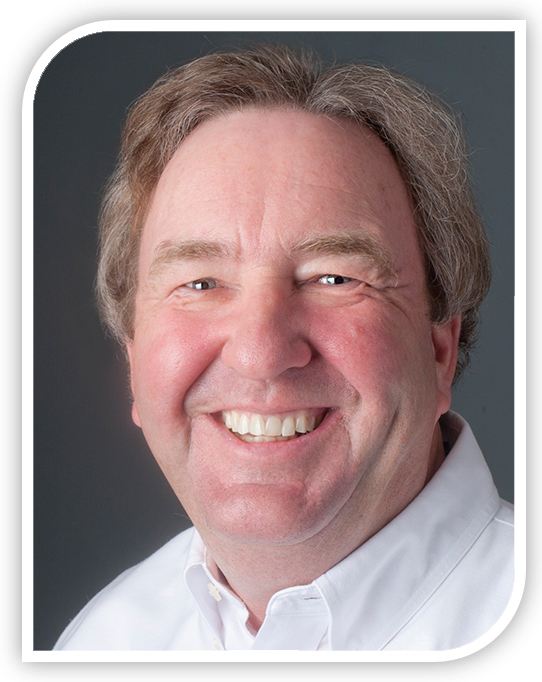 The Scientific Committee of WMS is honored to announce that Dr. James McCully, from the Harvard Medical School Department of Cardiac Surgery Boston Children’s Hospital, USA, will be joining us for our 10th Anniversary Edition of Targeting Mitochondria World Congress, which will be held in Berlin on October 28th-29th, 2019.
The Scientific Committee of WMS is honored to announce that Dr. James McCully, from the Harvard Medical School Department of Cardiac Surgery Boston Children’s Hospital, USA, will be joining us for our 10th Anniversary Edition of Targeting Mitochondria World Congress, which will be held in Berlin on October 28th-29th, 2019.
In his presentation entitled "Mitochondrial Transplantation - From Animal Studies to Clinical Relevance", Dr. McCully will share his studies using a novel therapy for cardioprotection based on mitochondrial transplantation. This approach uses replacement of native mitochondria damaged by ischemia/reperfusion injury with viable, respiration-competent mitochondria isolated from non-ischemic skeletal muscle tissue, obtained from the patient’s own body. Dr. McCully will provide results and insight from ischemia/ reperfusion protocols in regionally ischemic animal heart models and from a Phase 1 clinical trial in pediatric patients requiring institution of extracorporeal membrane oxygenation support.
For more information about Targeting Mitochondria 2019: https://targeting-mitochondria.com

